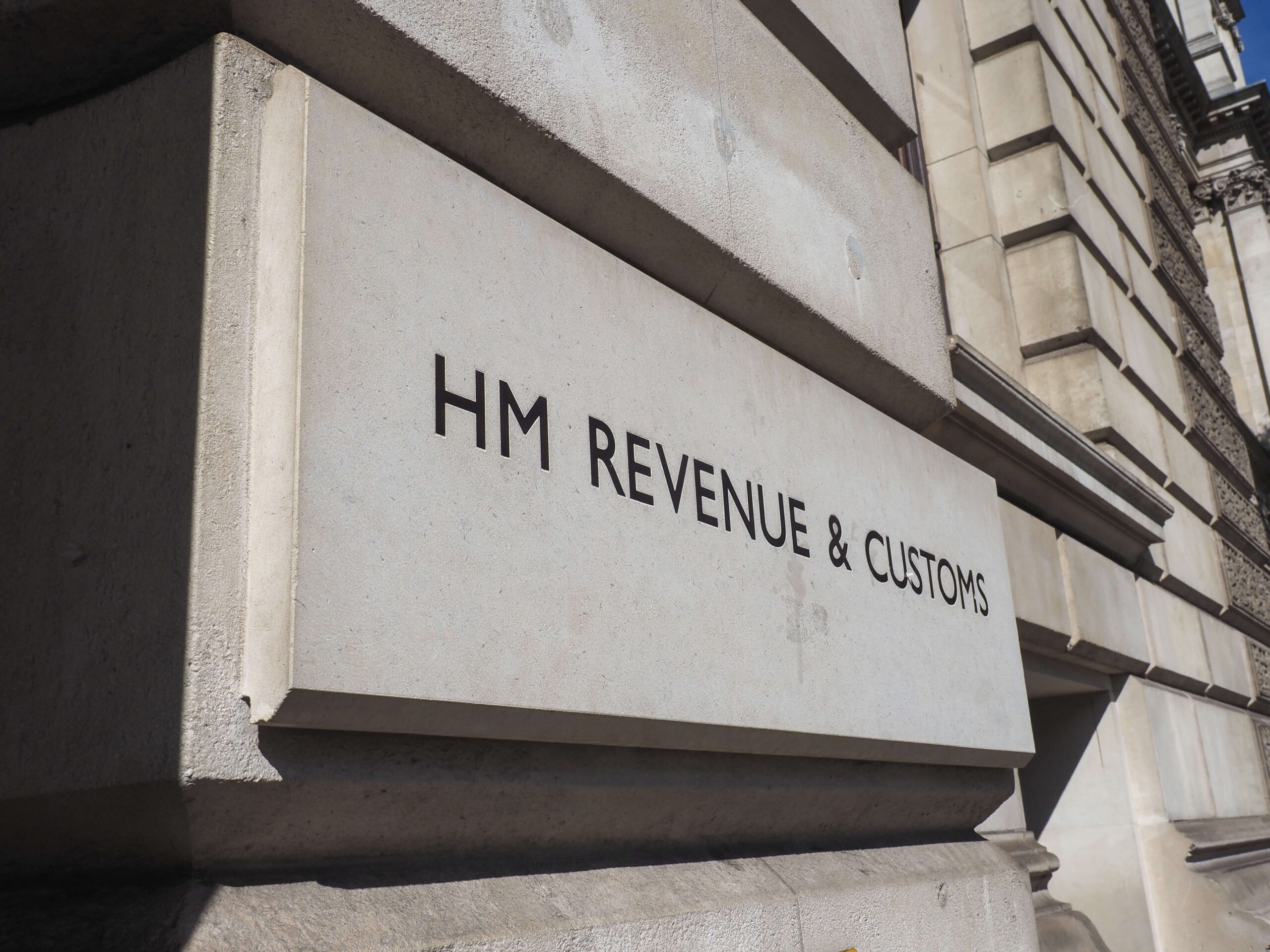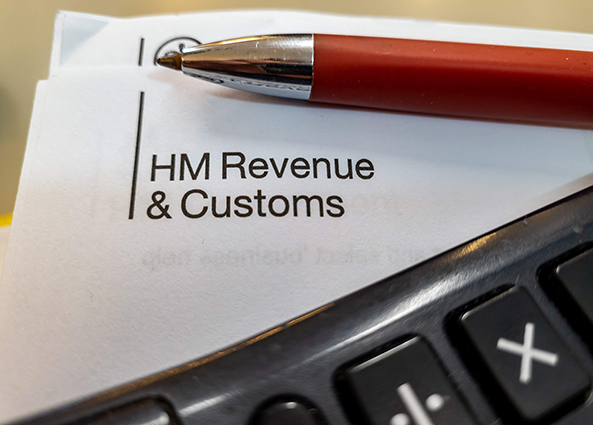HMRC loses landmark R&D tax tribunal case
16 July 2024
by Jonathan Kennedy, Operations Manager at Visiativ
HMRC lost a landmark R&D tax tribunal case, which has significant implications on the validity of their current enquiry procedure.
Background:
At present, HMRC have two main types of approaches to running R&D tax enquiries:
1– One is where they assign a named caseworker to assess the case,
2– and another (deemed the volumetric approach) where an anonymous team works on the case.
Although there are some issues that arise in cases that have the former approach, the volumetric approach has caused significant disruption to the ability of claimants to access valuable R&D incentives. This is because they do not enable a company to have meetings to explain their projects, and most crucially, they will always seek to reject R&D tax claims despite the testimony of experts in the field who attest to the innovation that they have sought to achieve.
Our team of consultants have been fighting many such cases over the past couple of years on the basis that this approach to rejecting claims is unlawful as per the tax definition of R&D (the BEIS guidelines), which states that in a project, the advance and the technical uncertainties that must be resolved can only be judged as non-routine work by a technology expert’s opinion.
The Tribunal:
The case that HMRC lost shows that the volumetric approach does not stand up in the context of a tax tribunal.
In the case, the company claimed R&D tax relief on a project that involved developing a novel, automated AI analysis process for ‘know your client’ (KYC) verification and risk profiling to achieve superior outcomes to human analysis while meeting regulatory and legislative requirements.
HMRC attempted to argue that the software achieved impressive capabilities, but it was not clear why it was an advance in the field, despite testimony provided by the software experts where they showed that it did not previously exist and demonstrated their knowledge of the field. HMRC’s argument was that the technologies involved in the software (e.g. AI, algorithms, data manipulation) already existed and it had to be shown that the software developed was advancing these specific technologies.
The tribunal ruled that the company’s claim was valid on the following basis:
1– The company’s experts had established the limitations of other software available in the KYC market and had demonstrated that an experimental approach was needed to develop software that went above and beyond these limitations.
2– The company’s experts had explained the advance they sought, the difficulties faced and why it was not routine to them and so the burden of proof shifted to HMRC.
3– HMRC had provided no valid counterevidence to refute the company’s claim. Their argument that “the advance was not clear” (the most common method of rejecting an R&D project) was not sufficient, and so the R&D claim stood based on the evidence presented to the tribunal.
Other points of note are that the codification of human knowledge (i.e. the KYC process) was ruled a valid advance and that this could be achieved by adapting existing technology – it did not have to be entirely novel, as HMRC asserted. These two points are other arguments that HMRC regularly use as reasons to reject a claim.
Effectively, HMRC ignoring the opinion of a competent professional is the key trick in their trade of rejecting R&D tax claims and it has been proven to be wrong in the context of a tax tribunal. HMRC’s Litigation and Settlement Strategy states that in tax disputes, HMRC should only make decisions that they believe they will win in a tax tribunal and this has categorically rejected their current approach.
Therefore, we believe this is likely to trigger a significant shift in HMRC’s approach to enquiries and that now is the time for companies who are understandably wary of HMRC’s compliance activities to reevaluate the risk and discuss their projects with an R&D advisor to ensure they claim all they are entitled to.
If you have any questions relating to R&D tax relief or Enquiry Defence , please get in touch with VISIATIV, and a representative will get back to you to discuss your unique needs and explain how we can assist.








